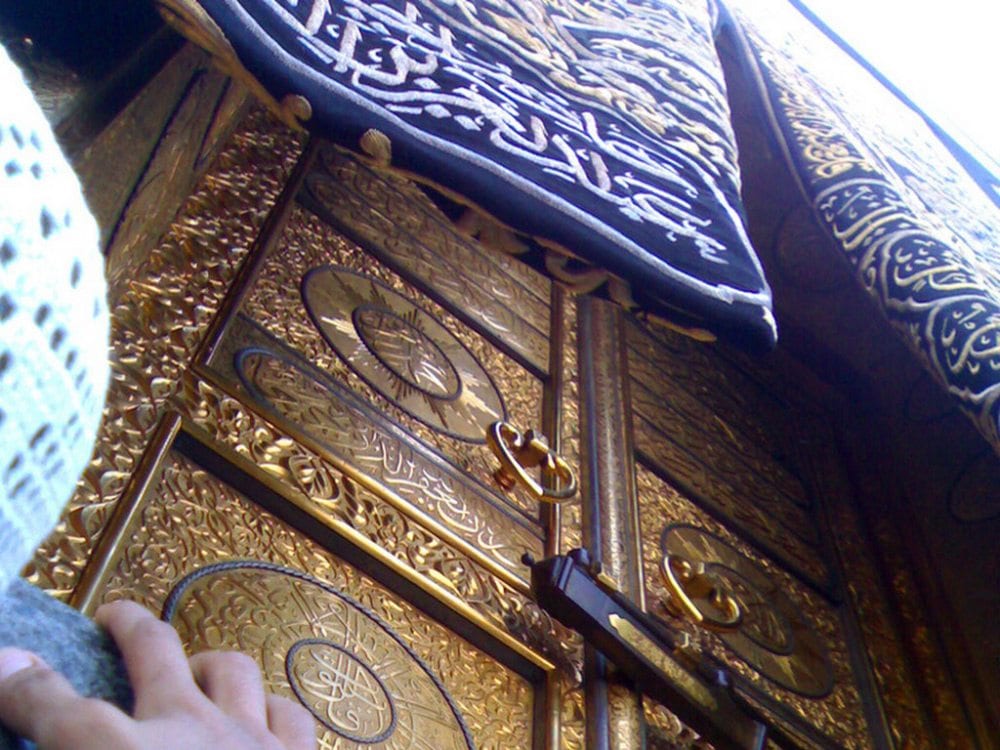Arabic Grammar: How Do We Understand the End of the Second Verse (Ayah) of Surah Mulk?
Answered by Ustadha Sulma Badrudduja
Question: Assalamu alaikum.
I pray this message finds you in well being.
My question is in Surah Mulk in Ayah # 2. Towards the end of they ayah it states ‘He is the Mighty, the Forgiving. Is this translation correct? Or does it mean rather he is the Mighty Forgiver? When I read the ayah the meaning sounds to me as though it means Mighty Forgiver. Please advise.
067.002
YUSUFALI: He Who created Death and Life, that He may try which of you is best in deed: and He is the Exalted in Might, Oft-Forgiving;-
PICKTHAL: Who hath created life and death that He may try you which of you is best in conduct; and He is the Mighty, the Forgiving,
SHAKIR: Who created death and life that He may try you– which of you is best in deeds; and He is the Mighty, the Forgiving,
JZK–
Answer: Wa alaikum assalam wa rahmatullah,
I hope you are doing well inshaAllah. Thank you for your question.
The meaning of the ayah depends upon its grammatical interpretation. Some ayahs have multiple grammatical interpretations. The straightforward interpretation of this ayah is that the word al-`Aziz is the first predicate (khabar awwal) and the word Al-Ghafur is the second predicate (khabar than). Thus, the translation would read: He is the Mighty, the Forgiving. Or in other words, both of the words Mighty and Forgiving are ascribed to Allah.
When one tries to understand the grammatical structure of the Qur’an, it is essential that the student works with a teacher and accesses references on i`rab al-Quran (Qur’anic grammatical analysis) and tafsir (Qur’anic exegesis). This is necessary in order to understand the limitless rhetorical nuances that make the Qur’an the awe-inspiring inimitable book that it is.
And Allah knows best.
Wassalam,
Sulma
Checked & Approved by Faraz Rabbani
